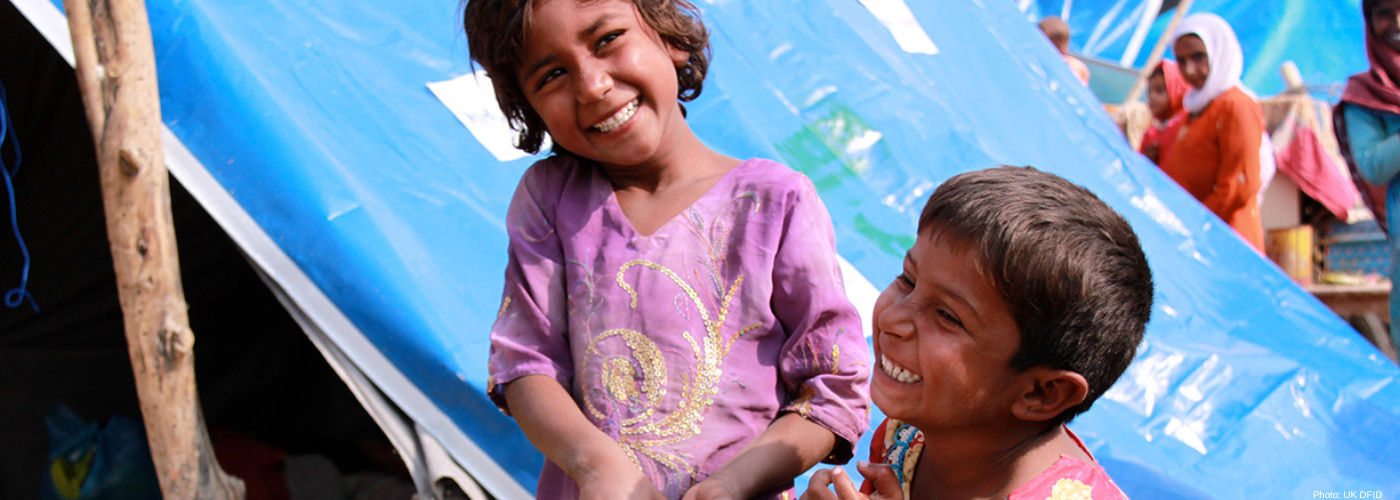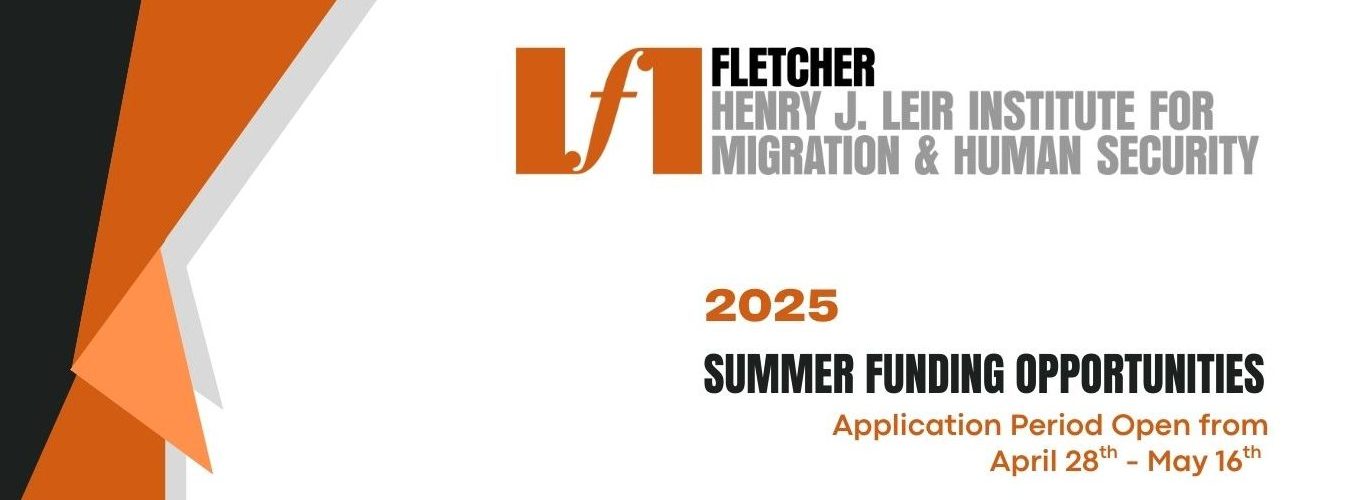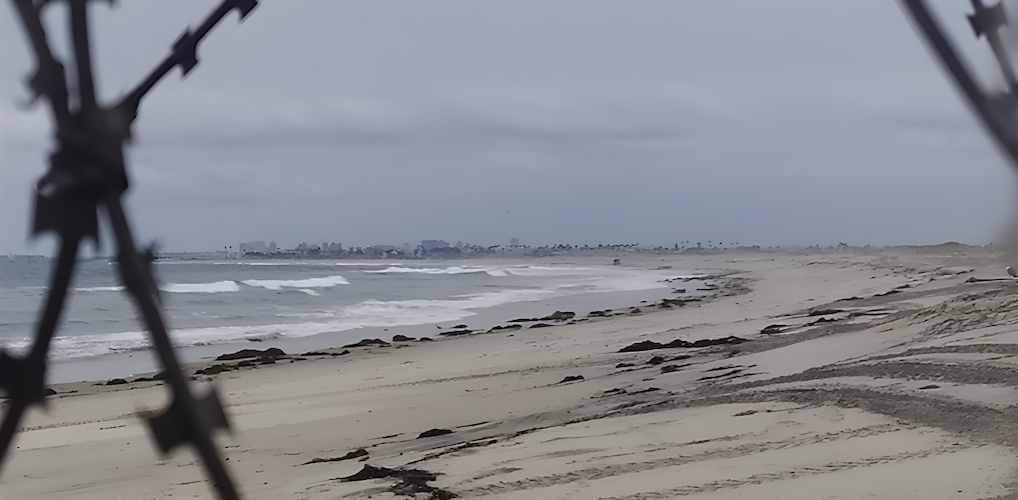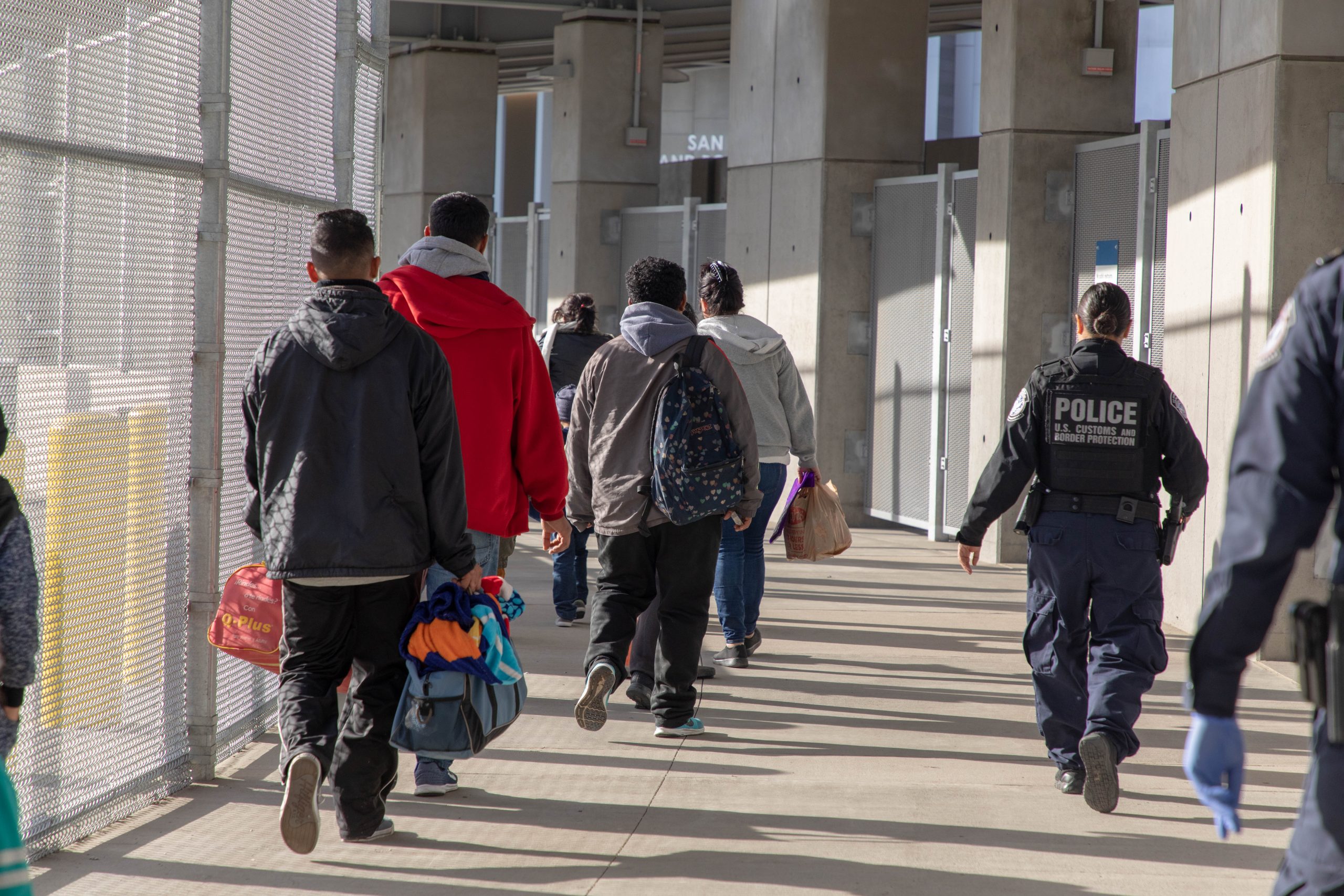Latest
Leir Migration Monitor: New Approaches to Refugee Governance and Disaster Preparedness
Leir Migration Monitor: The Road Ahead for U.S. Asylum and Migration Policies
Leir Migration Monitor: Humanitarian Tools of Prevention and Protection
- 1
- 2
Projects
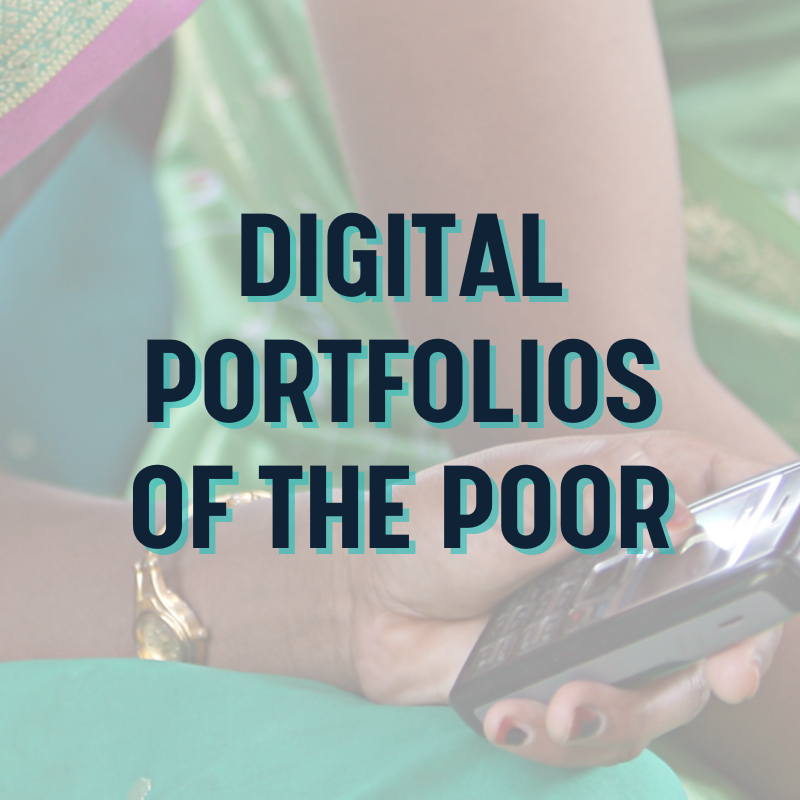
Digital Portfolios of the Poor (DPP) is a multi-year, multi-country project aimed at creating better digital financial products for the poor by understanding how emerging technologies are viewed, used, understood, and perceived in low-income settings, particularly among women.

Securitization without Security: How Migration is Shaping the Global Order This four-year project investigates how Western migration securitization policies may be reshaping the global order at both state and non-state levels.

Hopes, Fears, and Illusions (HFI) examines how U.S.-bound migrants assess risk and process information along their journeys to the U.S.-Mexico border through in-depth field work with migrants on the move in Colombia, Costa Rica, and Mexico.

Journeys Project (JP) examines migrant stories to better understand the costs and strategies involved in their journeys as well as the economic approaches they use when putting down roots in new surroundings.

The Leadership in Migration Initiative (LMI) has as a primary goal to establish a comprehensive understanding of migration leadership through global best practices and real-world experiences, fostering constructive dialogues on effective leadership in this domain.
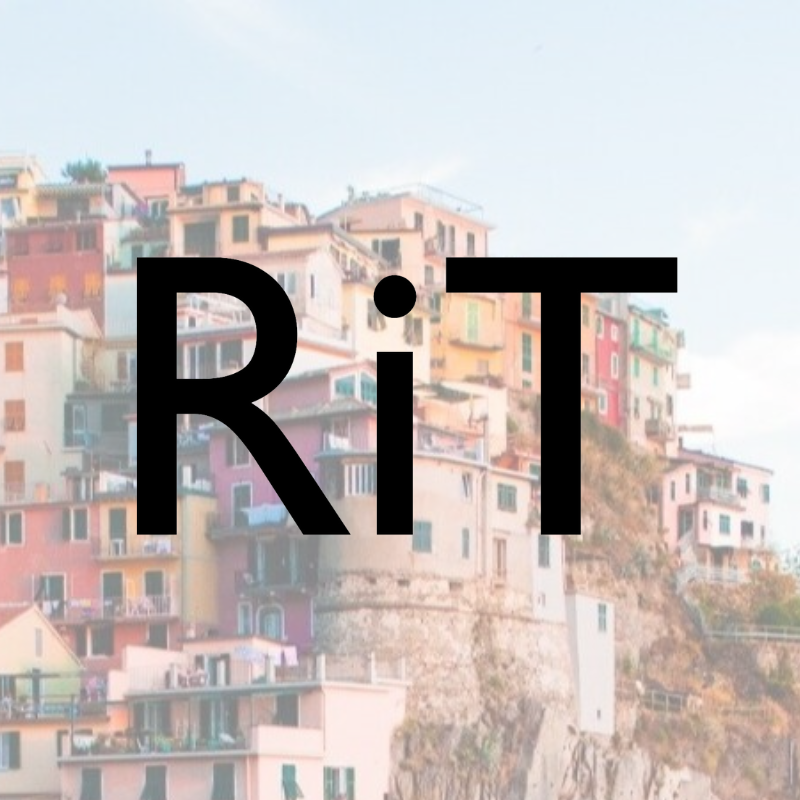
The Refugees in Towns (RIT) promotes understanding of the migrant/refugee integration experience by drawing on the knowledge and perspectives of refugees themselves as well as local hosts.
Leir Briefing Room
Migration and human security, simplified. Three-minute briefs written by the Fletcher School's expert faculty and home of the Leir Migration Monitor newsletter. It centralizes the Leir Institute's research and analysis for practitioners and policymakers, providing clear, concise information on migration and human security. For clear, concise foundational content, start here.

